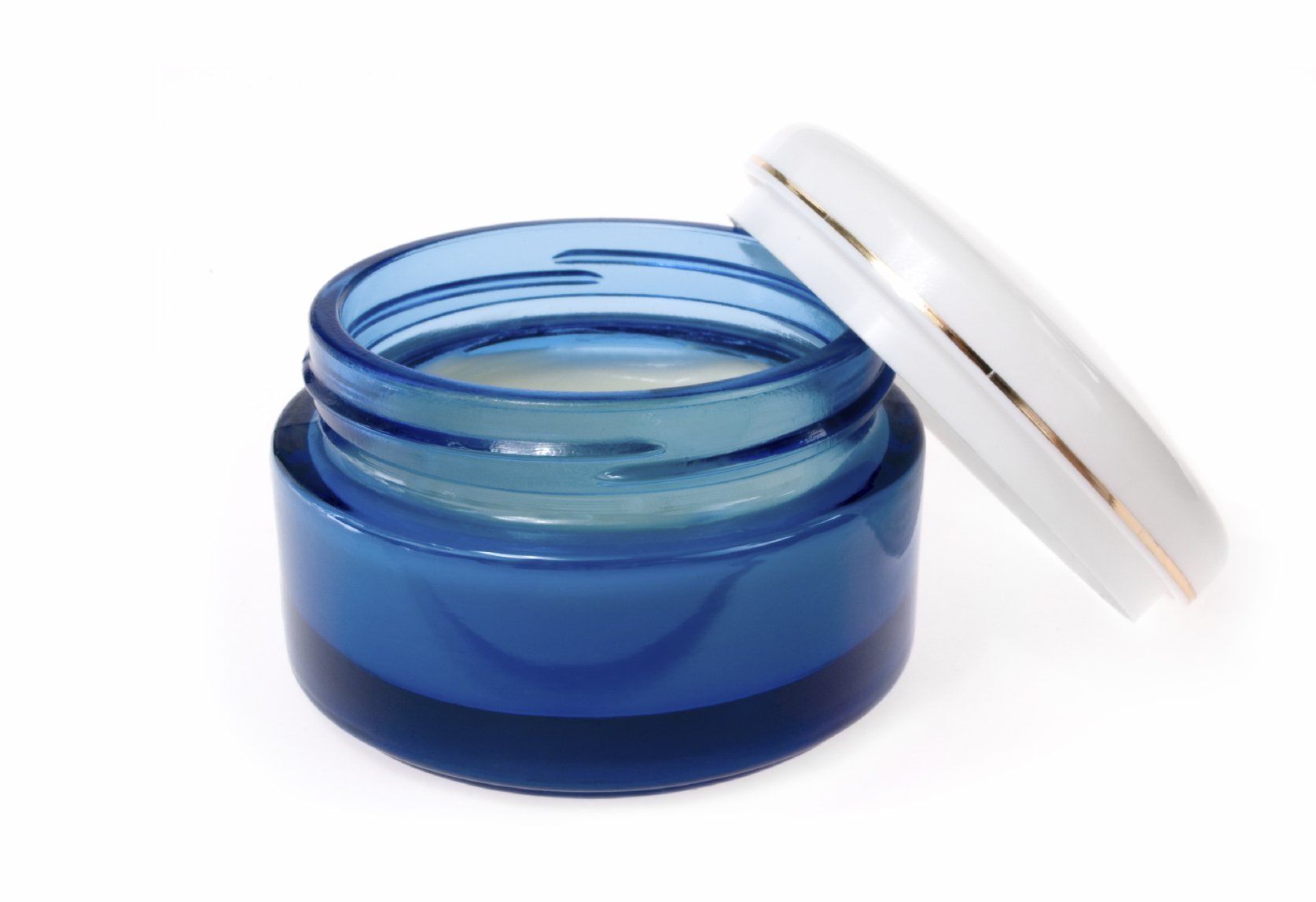AIM - ANALYSIS OF IMMUNE MODULATION
Makrolife Biotech is the official European laboratory for AIM testing – an innovative immunological test method from the U.S. designed to analyze the immune response of healthcare products. The AIM test is cruelty-free, precise, and scientifically validated, offering a modern solution for evidence-based product testing.
AIM – Your scientifically validated, animal-free testing method for safe and regulatory-compliant immune modulation
Applicable across cosmetics, pharmaceuticals, and dietary supplements.
Immunologically Tested – with AIM
Makrolife Biotech offers AIM analyses.
Immunologically Tested – with AIM
AIM stands for Analysis of Immune Modulation and is an innovative testing method developed in the USA to assess the immunological effects of active ingredients, formulations, and products. The test analyzes how the immune system – particularly human macrophages – responds to a product.
Makrolife Biotech is the official AIM laboratory in Europe and performs these tests under controlled laboratory conditions – entirely animal-free, scientifically documented, and regulatory-relevant. AIM is based on the evaluation of functional immune responses, such as cytokine production (e.g., IL-6, TNF-α, IL-10), macrophage polarization (M1/M2), and other markers of inflammation and regenerative processes.
This method is particularly suitable for companies in the following sectors:
- Dietary supplements
- Cosmetics and dermocosmetics
- Biopharmaceuticals and plant-based actives
- Skin regeneration, immune modulation, and anti-aging
Complies with:
- EU Regulation No. 1924/2006 (Health Claims)
- EU Regulation No. 1223/2009 (Cosmetics)
- EU Regulation No. 2015/2283 (Novel Food)
- REACH / CLP / OECD TG 442E
AIM - Immunological Analyses
Cruelty-Free:
AIM uses only human immune cells (macrophages) – no animal models involved.
Master Cells of the Immune System:
Macrophages are central regulators of immune responses, enabling a particularly meaningful and accurate analysis.
Measurable Immune Reaction:
AIM evaluates functional immune markers such as cytokine profiles, macrophage polarization (M1/M2), and immunorelevant signaling pathways.
Scientifically & Regulatory Relevant:
AIM data are objective, reproducible, and suitable for research, regulatory submissions, and product development.
International Origins – Local Expertise:
Developed in the USA, AIM is now offered in Europe exclusively by Makrolife Biotech as an official partner lab.
Customizable & Transparent:
Each test is individually tailored to your product and includes a complete report with scientific interpretation.













